Everyone, no matter their walk of life, has experienced stress in some form or another. Especially after the year we just endured - 2020 was one heck of a ride with the pandemic, working from home, and new normals - all of us could use some tips for calming down.
The Effects of Stress
Excess stress can wreak havoc on the body emotionally and physically. You may notice it any time throughout the day - or, in the worst cases, all throughout the day.
Emotionally, stress looks like this:
- Being agitated, frustrated, or moody
- Feeling the loss of control over your life
- Finding it difficult to relax
- Having whirlwind thoughts
- Experiencing low self-esteem
- Avoiding social interactions
Physically, stress can manifest in the form of:
- Fatigue
- Headaches
- Stomach issues
- Aches, pains, and soreness
- Chest pains and rapid heartbeat
- Poor sleep
- Getting sick frequently
- Clenched jaw
- Dry mouth
None of these symptoms is anything that the average person wants to experience. In fact, most of us would do just about anything to avoid them.
This article can’t help you avoid the stressors in your life, but it can help you deal with them. It’ll give you some pointers on how to keep calm, stay calm, and put your body in a state of relaxation in order to avoid the negative effects of stress.
The Pointers
Reducing the effects of stress comes down to a few simple pointers to integrate into your everyday life. Read on to learn more about them
Take Deep Breaths

This may sound absurdly simple. You’ve probably heard the phrase ‘take a deep breath’ a couple of thousand times in your life. But it’s a cliche for a reason - there’s plenty of truth to it.
Deep breathing sends a message to the brain that it’s time to calm down, then the brain sends this message out to the rest of your body so it can follow suit. As you begin to relax, all those physical stress symptoms (increased heart rate, quick breathing, and high blood pressure) all begin to lessen as the breath flows through your body.
Deep breathing is a great method for stress relief because it involves absolutely zero tools. You can practice it anywhere at any time - and people won’t even know you’re doing it.
An especially helpful breathing technique used for relaxation is called ‘belly breathing.’ This is commonly used in yoga practices, and it sends oxygen all throughout your body. Instead of breathing into your chest and lifting/tensing your shoulders, you send breath to your stomach so it can expand and relax tight muscles.
Here’s how to do belly breathing:
- Sit or lay down in a comfortable position (You can use pillows to support your head, lower back, or knees if you need to).
- Place one hand on your belly and the other on your chest.
- Take a deep inhale through your nose and feel the way your belly pushes your hand out. The hand on your chest should not move.
- Exhale through your mouth, lips shaped as if you were whistling. Feel the way your belly decompresses and pushes all the air out.
- Try this 3-10 times and take your time with each inhalation and exhalation.
- Notice how you feel afterward.
The way you breathe affects your whole body and stress responses. Once you get into the habit of practicing deep breathing, it will come more naturally.
Get Good Sleep

People underestimate the impact of a good night’s sleep. When you’re asleep, your body uses that time to heal and recover from the day before. If you don’t allow yourself to get good rest, your body never gets a chance to bounce back.
Sticking to a sleep routine can also reduce stress because your body knows what to expect and when. Like you train your puppy, you have to train yourself - and similar results will come. When your puppy hears the snap of your fingers, she knows it’s time to sit. When she sits, she’ll get a treat.
In your case, when you turn on white noise, your body knows it’s time to sleep. When it sleeps, it experiences less anxiety and nerves the following day.
Following a regular pattern of sleep allows you to:
- Calm your body
- Restore your body
- Improve concentration
- Regulate your mood
- Sharpen judgment
Not getting enough sleep, or not reaching your REM cycle, interrupts all of these positive effects. You can’t concentrate as easily without good sleep, making you less productive and more prone to feeling stressed out.
With poor sleep, you are more likely to:
- Be emotionally reactive
- Be more impulsive
- Be more sensitive to the negative input
These negative impacts can raise your stress levels by causing difficulties in relationships, slip-ups at work, or turning molehills into mountains.
Using a massage gun before bed can help you sleep at night, and it can also improve sleep quality. Just goes to show how percussion therapy can aid in the big picture of stress relief.
Eat a Well-Balanced Diet

Eating well is just as important as breathing and sleeping. Food is what keeps us going, what keeps us alive - it’s fuel for our bodies. So, we have to make sure that that fuel is high-quality.
The reason that food is linked to stress levels is that mood, emotions, and psychological health relies heavily on gut health. And good gut health relies on good food.
It’s easy to slip into the bad habit of fighting stress by comfort eating - finding comfort in junk food. It’s a hard vice to break, but it may become easier once you realize that though junk food gives you a short-lived burst of energy, the crash won’t be worth it.
Some foods you can incorporate into your diet to keep your gut in check and your stress levels balanced include:
- Herbal tea
- Dark chocolate
- Whole grains
- Avocado
- Fish
- Warm milk
- Nuts
- Citrus fruits
- Strawberries
- Probiotics
- High-fiber foods
These types of foods will keep you well-balanced, instead of riding the rollercoaster of highs and lows brought to you by chips and candy.
Exercise

Exercise is another key to decreasing stress. It improves your overall health and your sense of well-being, which is a benefit for every facet of life. Some direct ways that it can affect your stress levels include:
- Amping up your endorphins.
- Improves heart health (which can be negatively affected by stress).
- While exercising, you concentrate on the movement of your body instead of your racing mind - and stress is easily forgotten about.
Getting regular exercise is an important part of any lifestyle - one that includes ample stress or not. An active body is a healthy body - mentally and physically.
Recover With Percussion Therapy

Allowing your body time to recover after exercising is just as important as the exercise itself. Percussion therapy, massage guns specifically, can improve circulation, reduce aches and pains, and help you heal faster - all things that can lessen the effects of stress on your daily life.
Our newest product, the Recover Vibe Burst, is a great stress-relieving tool. Here’s a helpful routine to help vibrate your stress away:
Attachment: Standard Ball
Speed: Between 1000-3200 rpm (Levels 1-5), depending on your preference
- 30 sec to 1 min on your left trap muscles
- 30 sec to 1 min on your right trap muscles
- 30 sec to 1 min on your left pectoral muscles
- 30 sec to 1 min on your right pectoral muscles
Change attachment to Dot Attachment
- 30 sec to 1 min on the sole of your left foot
- 30 sec to 1 min on the sole of your right foot
- 30 sec to 1 min on the palm of your left hand
- 30 sec to 1 min on the palm of your right hand
De-Stress Your Life
Stress is a negative aspect of anyone’s life. With these useful techniques, you might not be able to eradicate stress entirely (none of us can), but you sure have a fighting chance in reducing it.


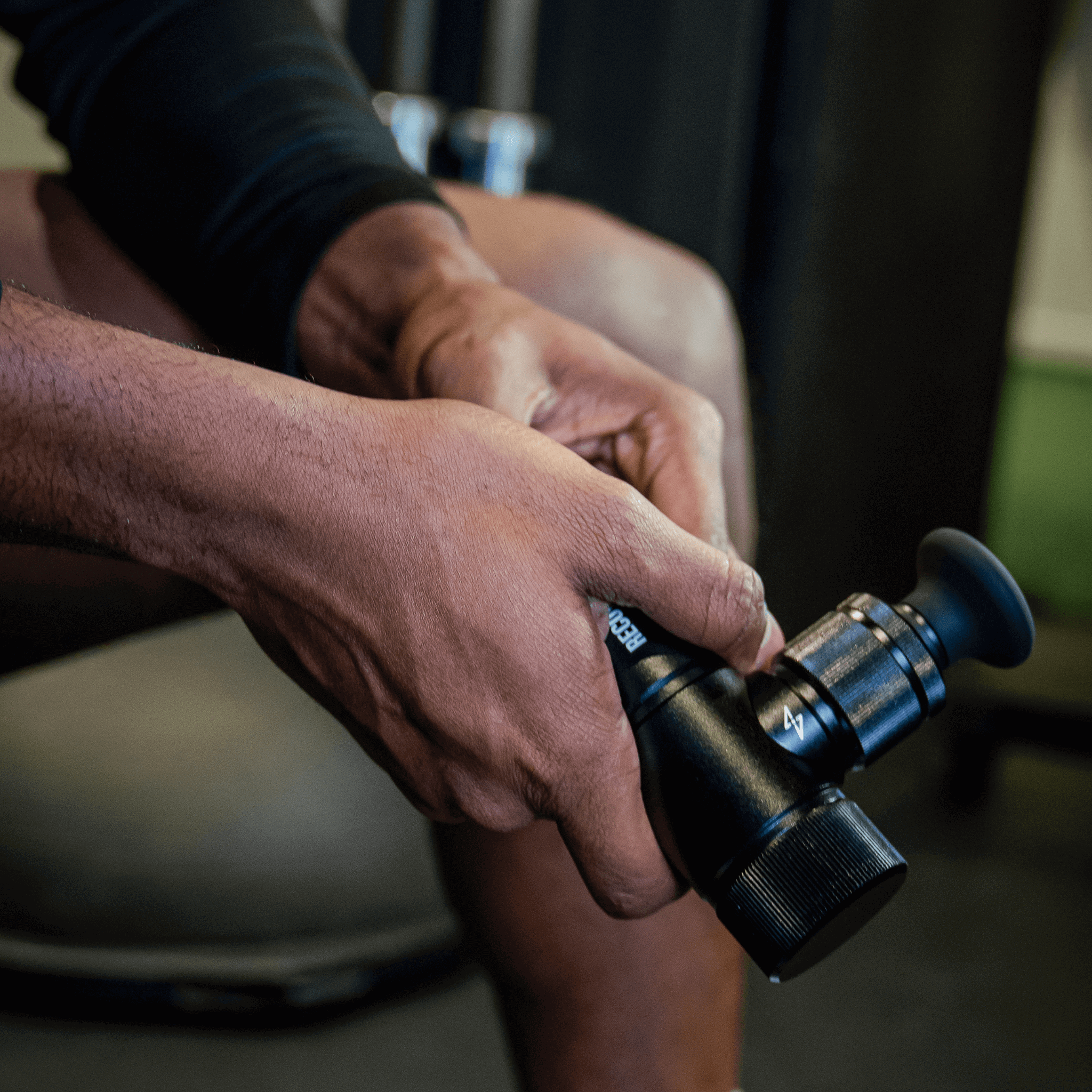
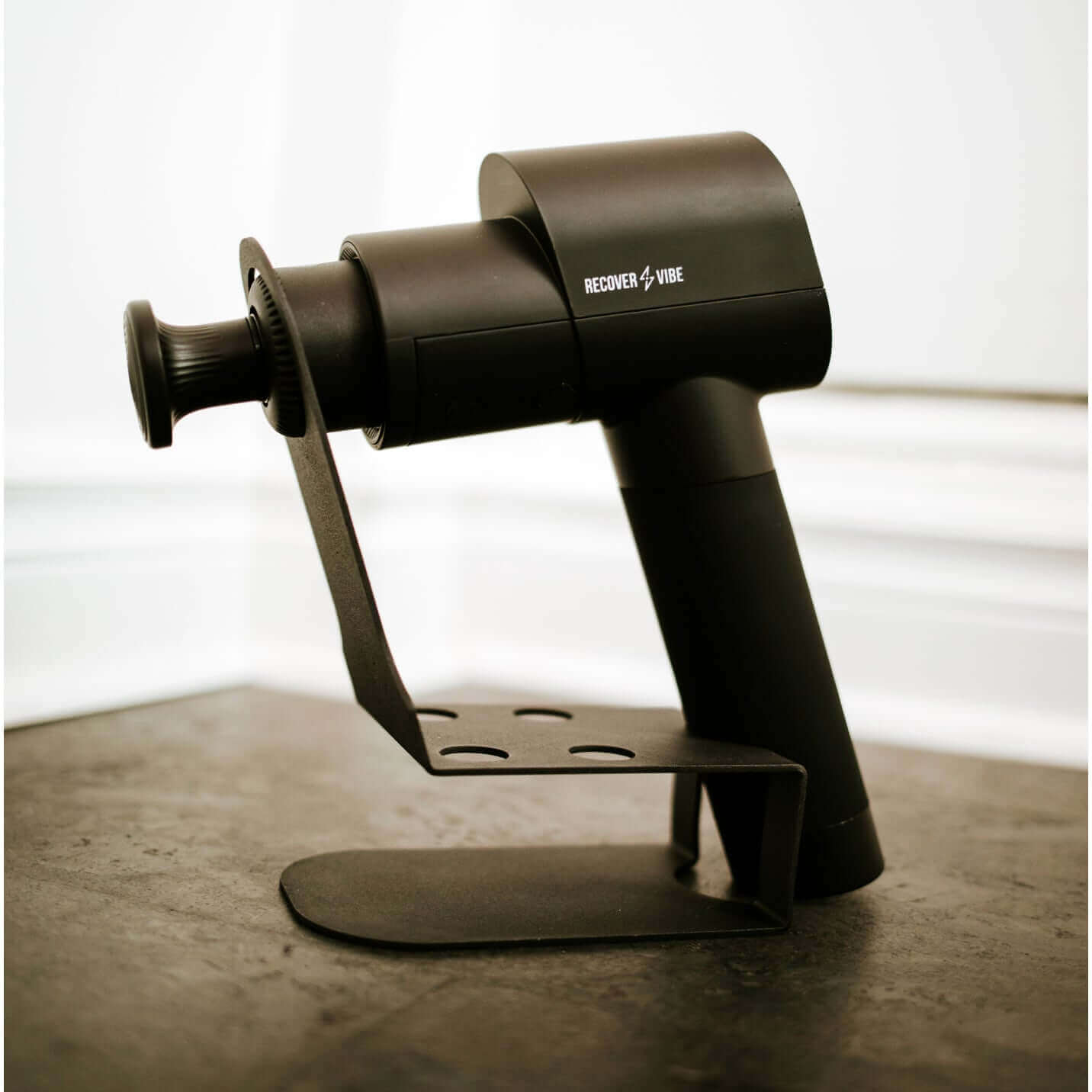
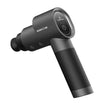
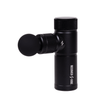



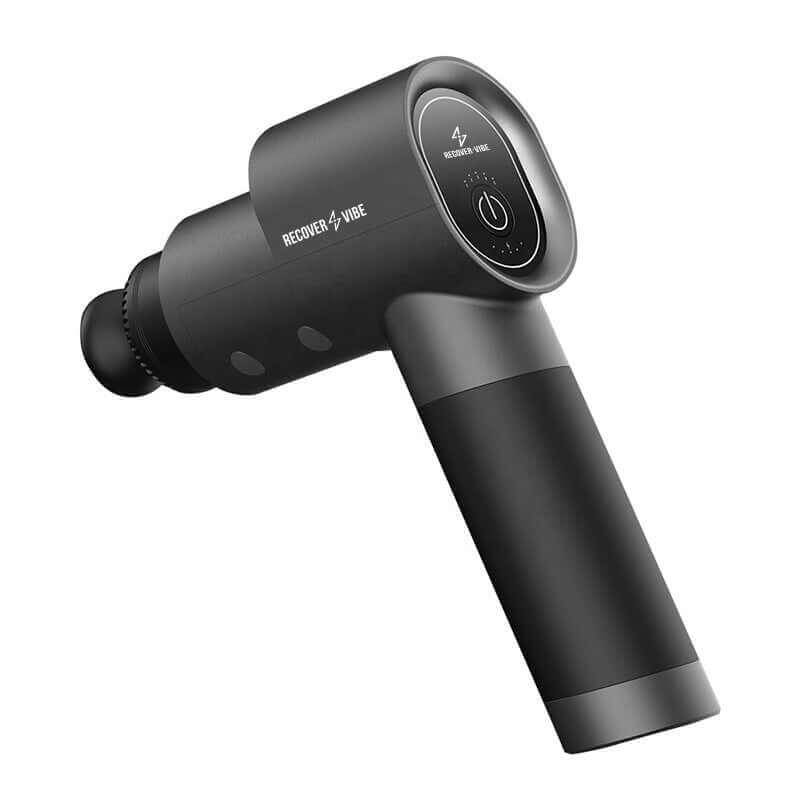

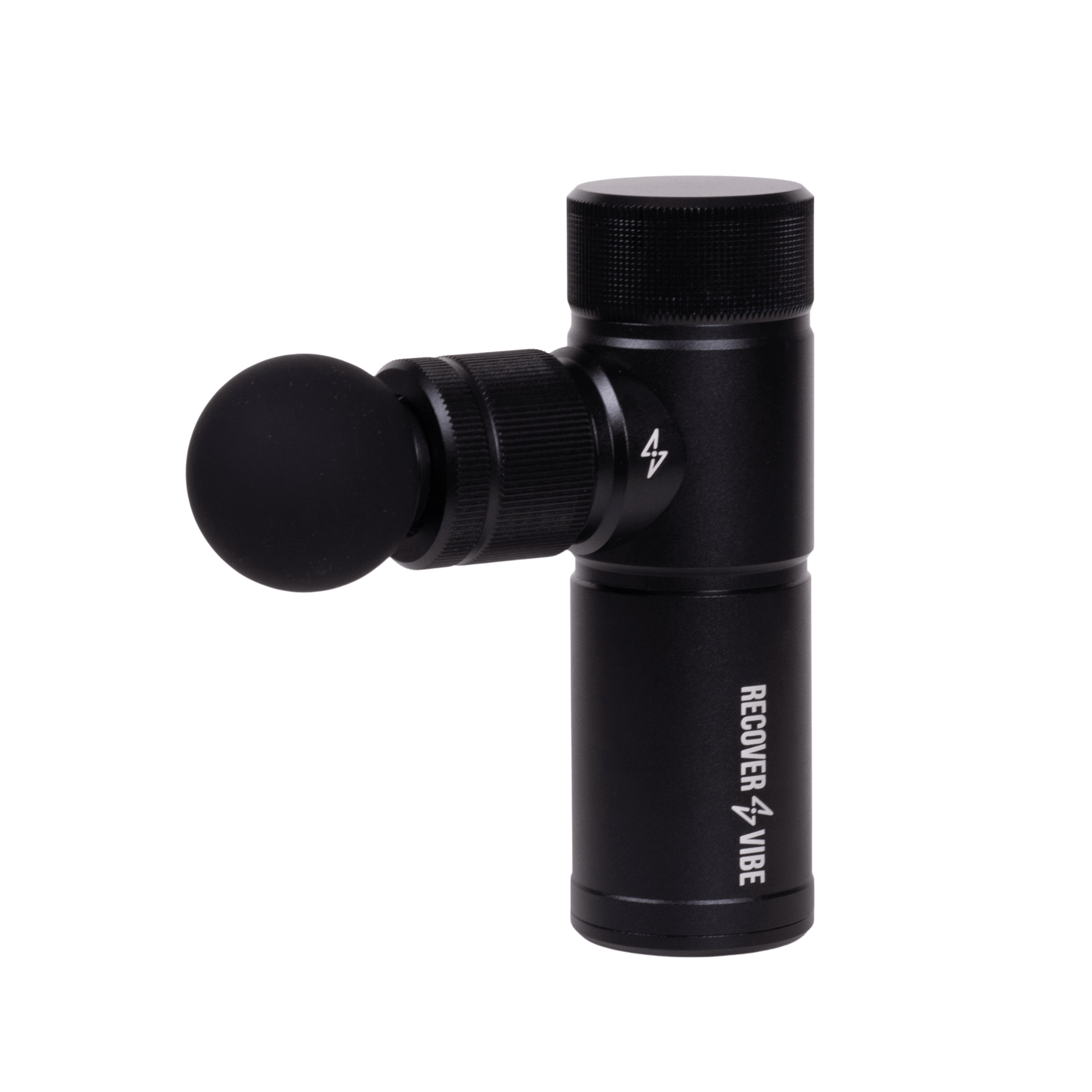
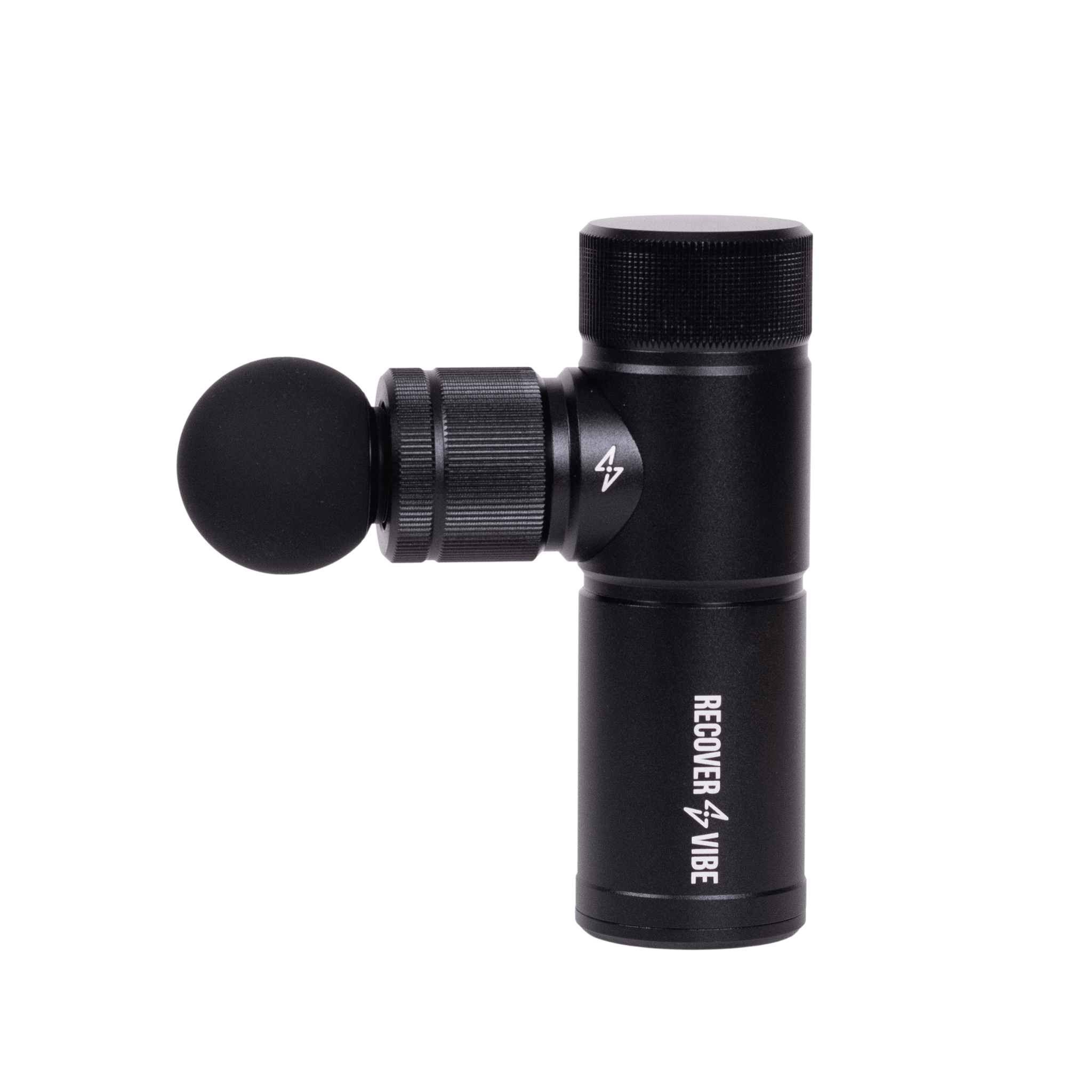
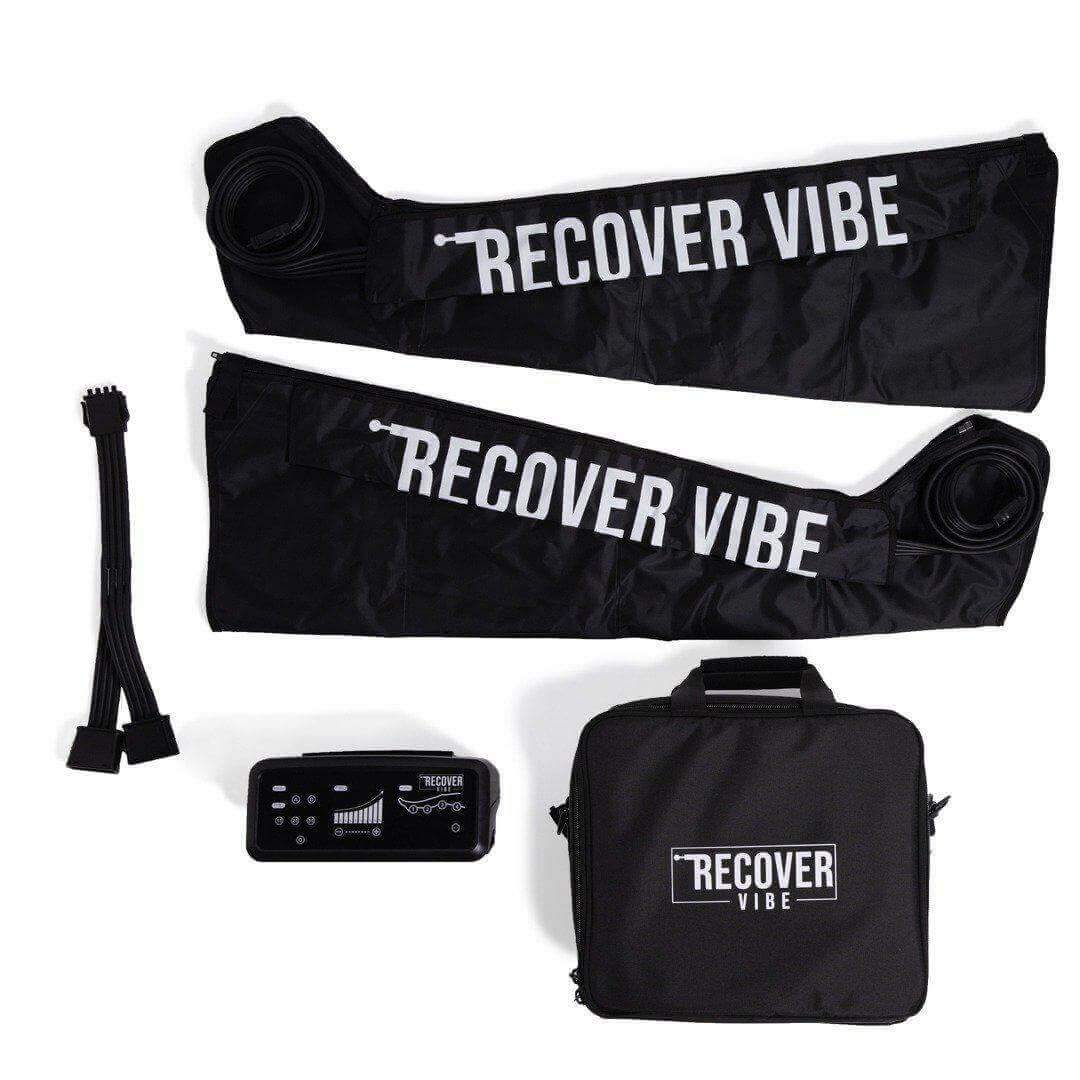
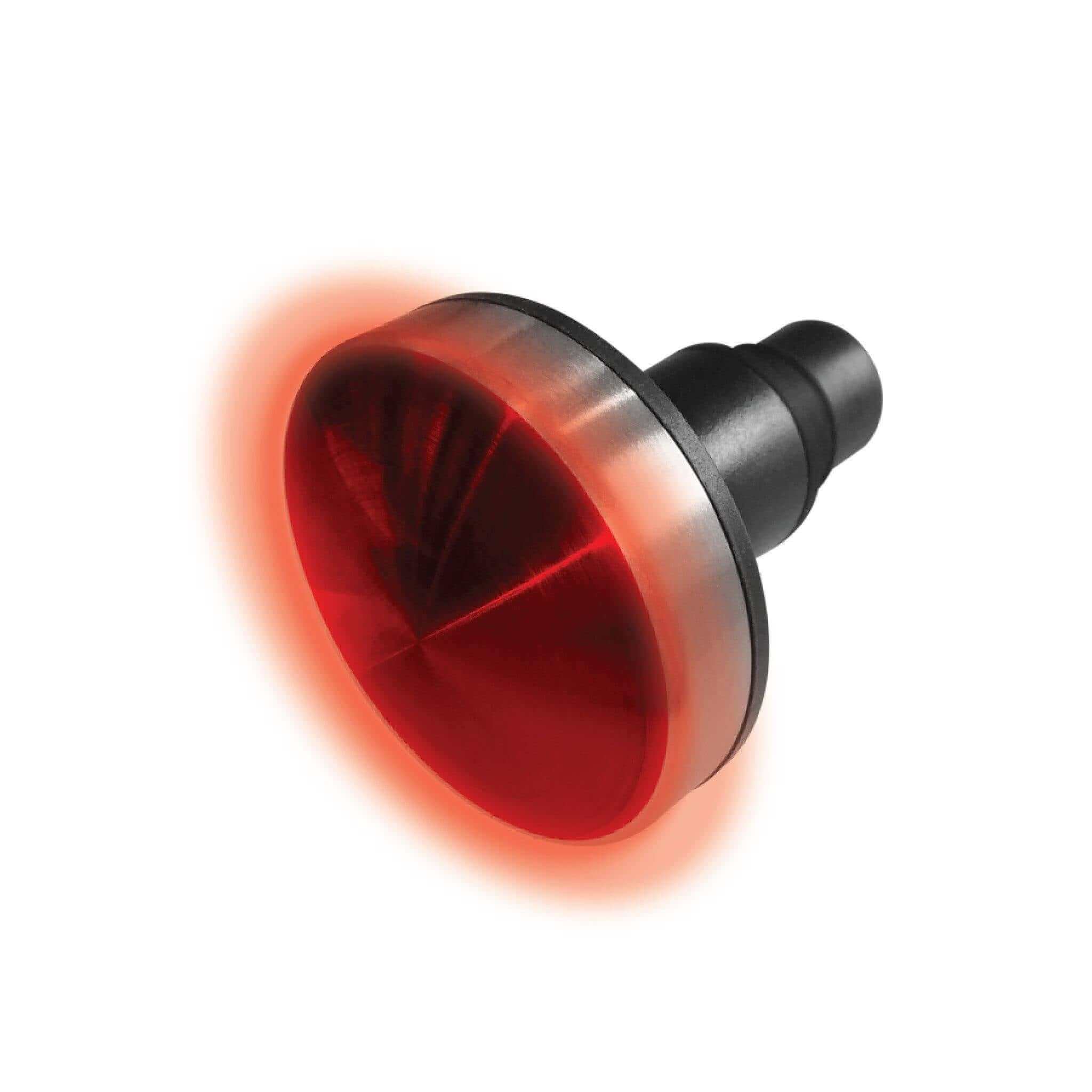
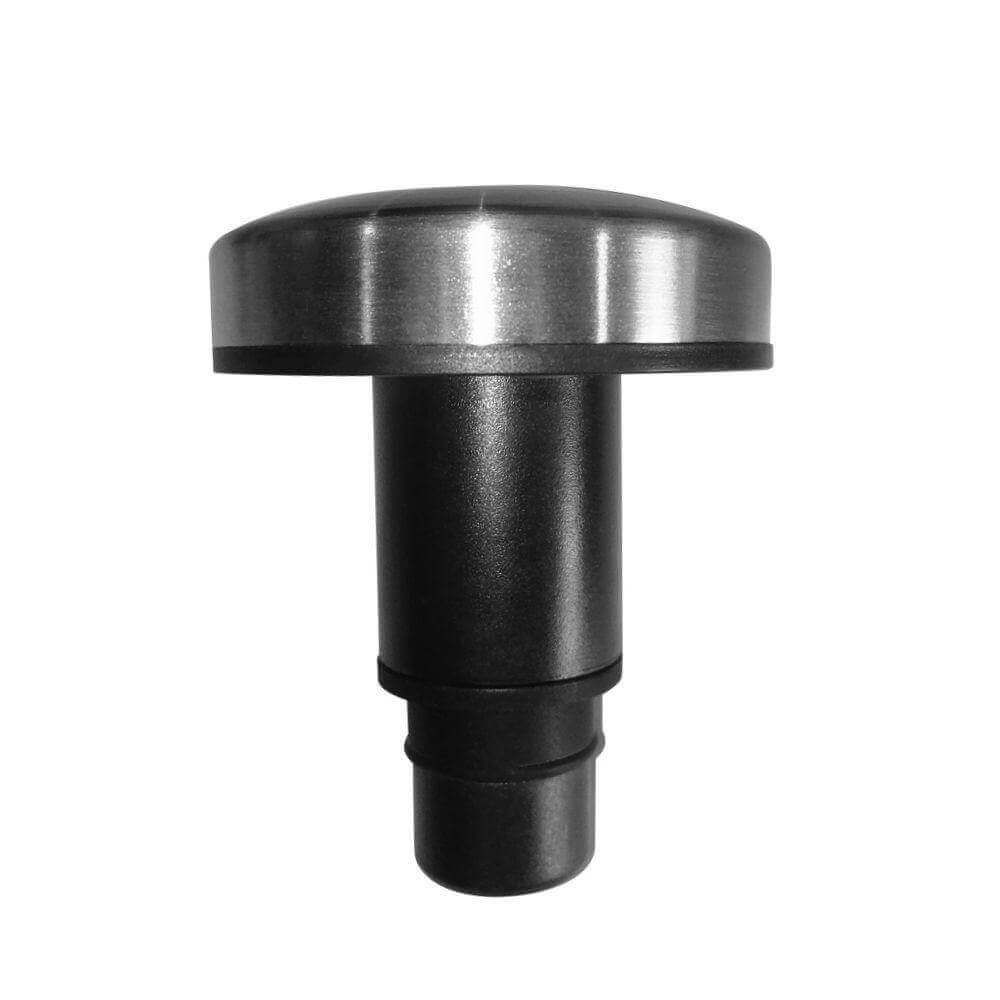
Leave a comment
All comments are moderated before being published.
This site is protected by hCaptcha and the hCaptcha Privacy Policy and Terms of Service apply.